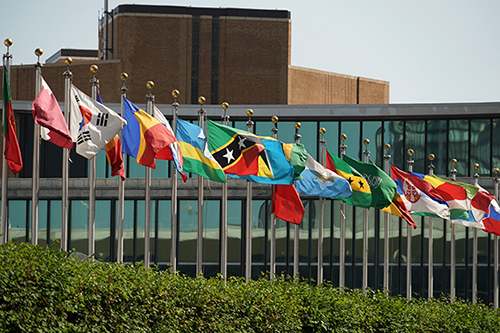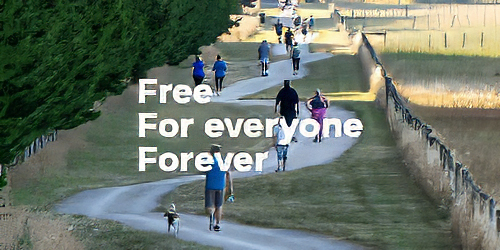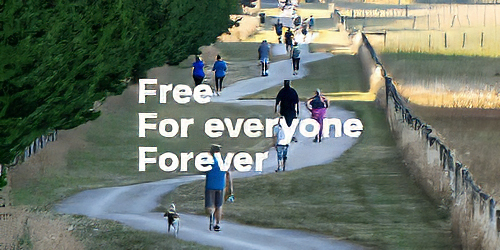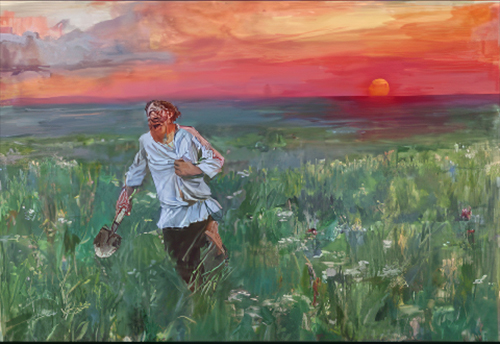
Are you finding it awkward, perhaps even difficult to read the Bible these days?
Especially texts taken from the Old Testament as our First Readings.
Vivid images and accompanying stories from area called Gaza make for difficult reconciliation for me.
I need to admit that I am becoming increasingly despondent when I am invited to read and reflect on these texts.
Kieran O’Mahony OSA, is an Augustinian friar and biblical scholar, living in St John’s Priory, Dublin
Kieran offers us this reflection centred around our First Reading from the prophet Isaiah (66: 18 -21)
“It is hard not to overstate what is happening in Gaza: the destruction of the territory, the starvation and attempted genocide of the people. All this is done in the name of biblically inspired “nationalism”.
As such, it has made many people very, very uncomfortable with overt nationalist passages in the readings from the Bible. This causes the Bible to be frowned upon by those who fight for freedom, equality, and fraternity.
To people perhaps not so familiar with the Bible, today’s first reading from Isaiah must come as something of a surprise. It offers a vision of all nations coming to worship the one, true God.
The reading comes from the last part of Isaiah, usually called Third Isaiah, written after the return from the great Exile in Babylon. In spite of that setting, the reading breathes a broader, more universal air.
This slightly exotic text is a reminder that in the Bible there are not one but two narratives of salvation.
The first one, perhaps more familiar, is unapologetically nationalist, often harshly expressed. It is the story of the ancient Israelites, later the Jewish people. The second one, perhaps less apparent, offers a different story, the story of all the nations and their inclusion in God’s plan of salvation.”
Reading and reflecting on today’s text from Isaiah I was reminded of my visit to the United Nations building in New York City.
The building itself is substantial, rising some 39 floors into the Manhattan skyline; however, the image fixed in my memory is that of flags.
The United Nations Headquarters displays the flags of its member and observer states. These flags are arranged in English alphabetical order, representing the 193 member states and the two observer states (Holy See and the State of Palestine).
The flags are raised in the morning and lowered in the afternoon on weekdays.
Fluttering in the afternoon breeze they shouted out, “Look at us! We dance together!”
No one flag dominates; they are raised to the same height; the same breeze energizes each flag simultaneously.
Together they flutter as a unified palette of colour.
Then I read with hope the words of the prophet Isaiah, “Knowing their works and thoughts, I have come to gather all nations and languages; they will come and see my glory.” (Is 66:1




